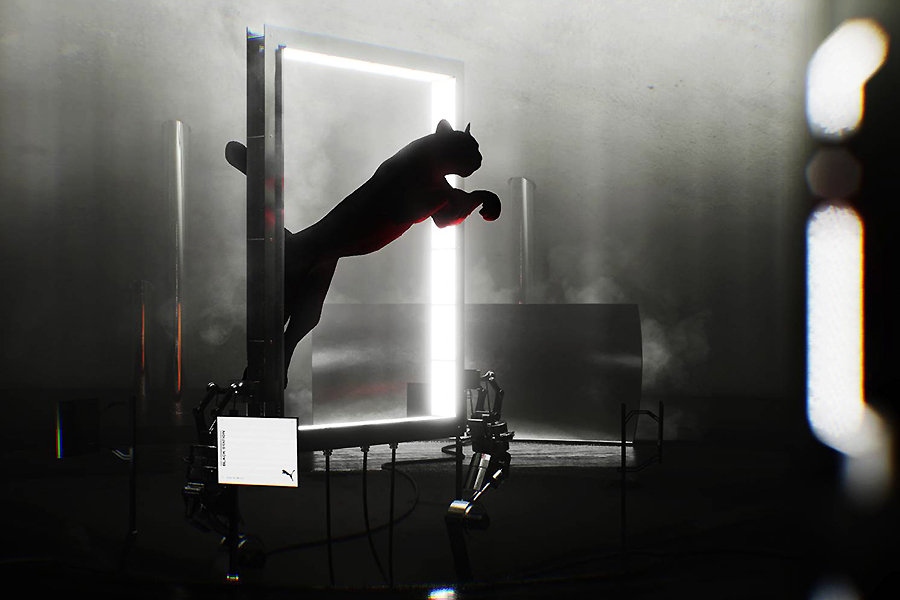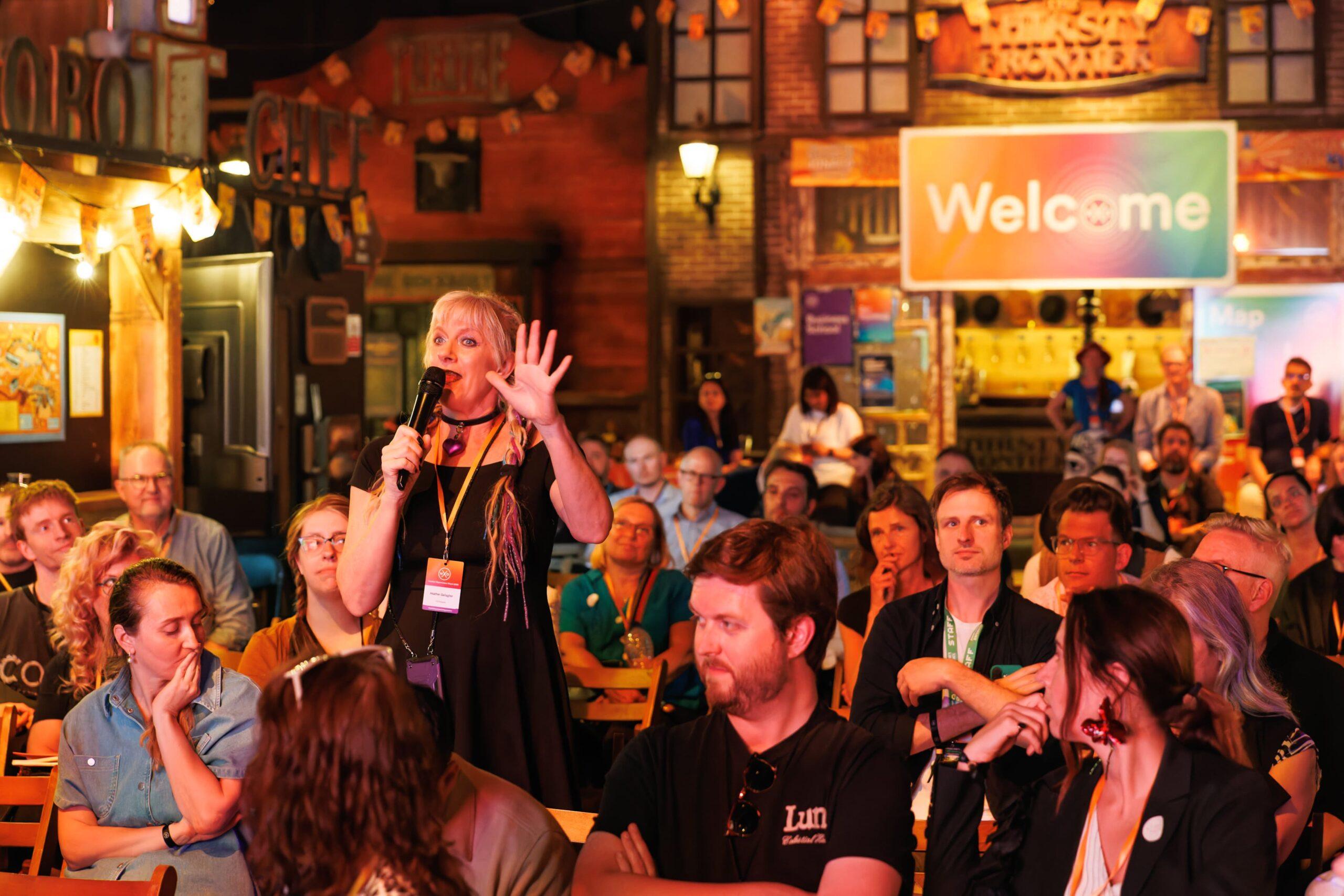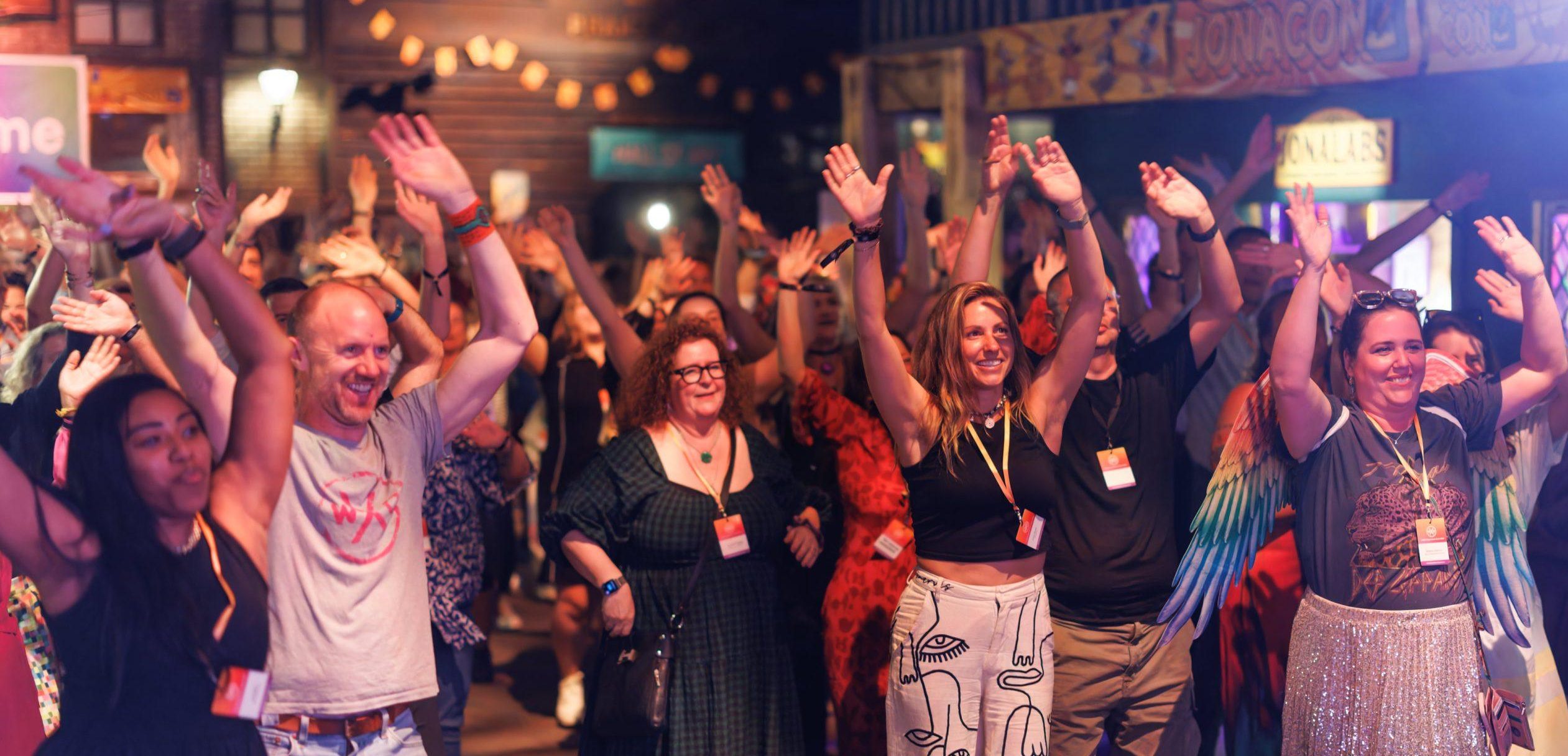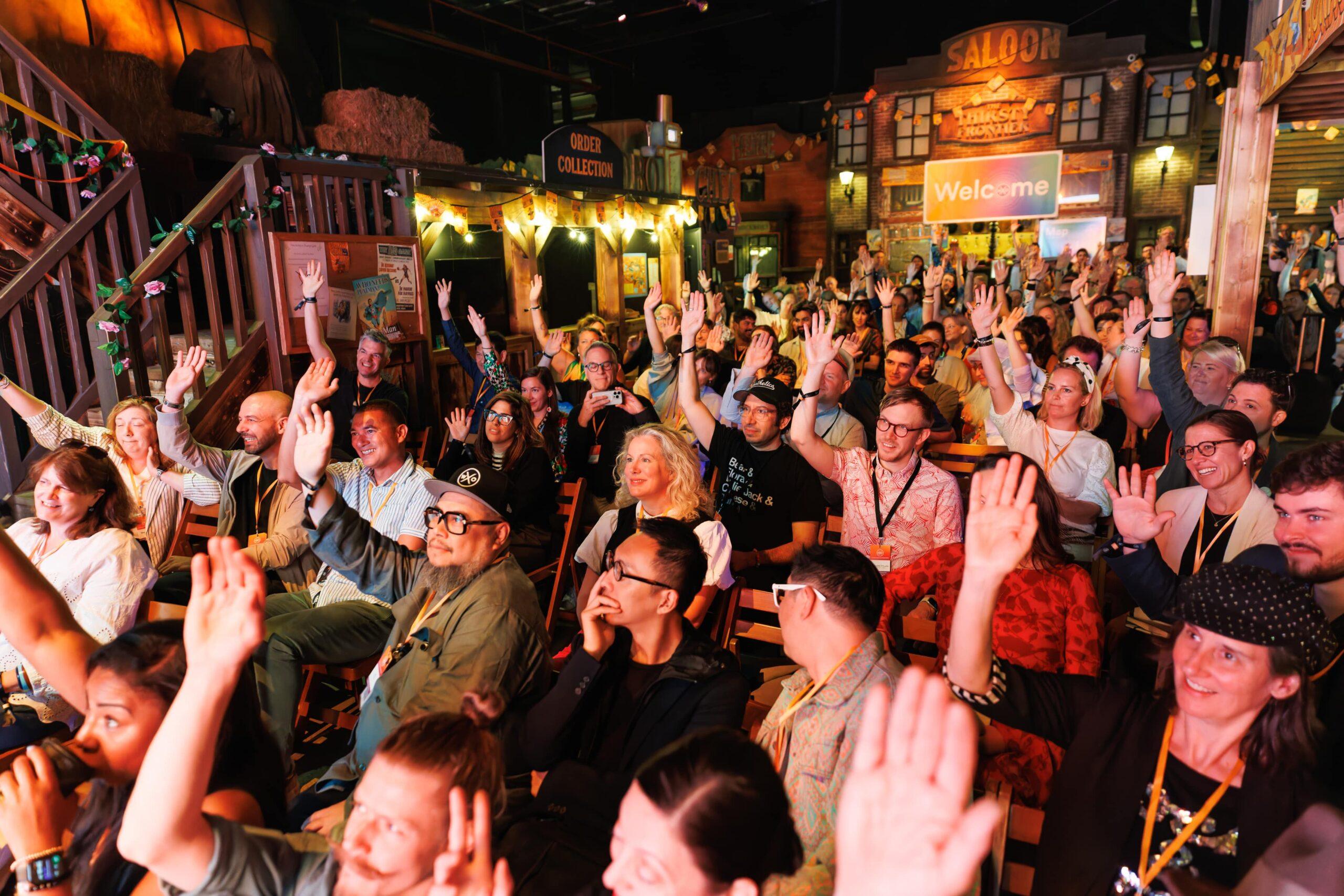At The WXO, we want to connect the dots across the Experience Economy and across the globe – so each week, we’ll be bringing you our round-up of the experiential stories that we think reveal something interesting, relevant or transferrable about the Experience Economy.
Welcome to Experience Radar 44, where we’re taking a virtual tour of Time Out House in Metropolis World, scrambling to get our hands on a Puma NFT, and going back in time to the golden age of rail travel inside the Flying Scotsman.
1. Fabien Riggall To Revive UK High Streets
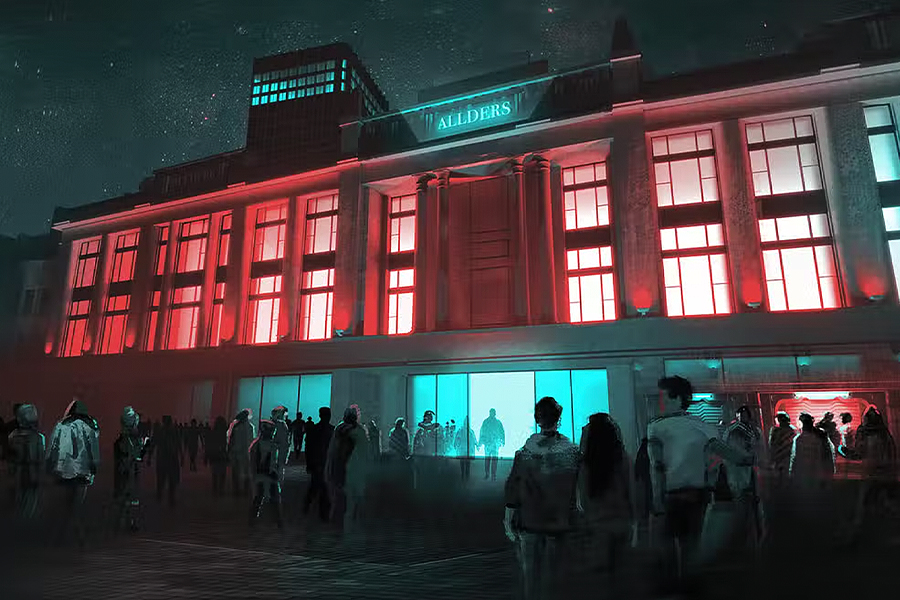
With UK high streets facing immense competition from online retailers, the bricks-and-mortar casualties have been plentiful, turning shopping centres into ghost towns. Keen to make the most of the abandoned spaces, Secret Cinema founder Fabien Riggall is set to transform Croydon’s historic Allders building into an arts and entertainment space. As reported by Time Out, the new venue will be called Lost, which will see the former department store transformed into a multidisciplinary venue and community hub celebrating art and entertainment.
“The aim of Lost is to reimagine the exhibition and distribution of physical experiences by designing a new format of entertainment,” Riggall toldTime Out. “A disruptive force set to regenerate forgotten high streets and subvert the current system, it will build a new subculture uniting local and international artists together in a unique community on a global scale.” Riggall hopes the project will generate thousands of job opportunities, turning disused high streets and shopping centres into “magical environments” that bring people together.
For more on reinventing retail for the experience era, check out Help! How Can The Experience Economy Save Our Cities?, How The Experience Economy Can Save Retail Real Estate, and It’s Playtime For Retailers – If They Want To Win The Future.
2. $4bn OCV!BE Project Planned For Anaheim

The owners of ice hockey team the Anaheim Ducks have just got the green light to build a US$4 billion entertainment district around the Honda Center in Anaheim. As reported by Spectrum News, ocV!BE is due to be built on a 115-acre lot surrounding the Honda Center and the Anaheim Regional Transportation Intermodal Center (ARTIC). Spearheaded by Henry and Susan Samueli, the entertainment district will include a stadium, 5,700-seat concert venue, shops, 35 restaurants, two hotels, offices, 1,500 apartments and 20 acres of park space.
“OcV!BE represents the dream of the Samueli family,” said Brian Myers, a spokesperson for the Samuelis. “The dream is not just an incredibly designed and engineered transit-oriented master plan community where the residents of Anaheim and surrounding regions can live, work and play. It’s that, but not just that. The dream is to create a thriving community that is inclusive to everyone, sustainable at every level, and a community where the sense of purpose transcends its sense of place.”
3. Brands Are Shifting To Selling Experiences
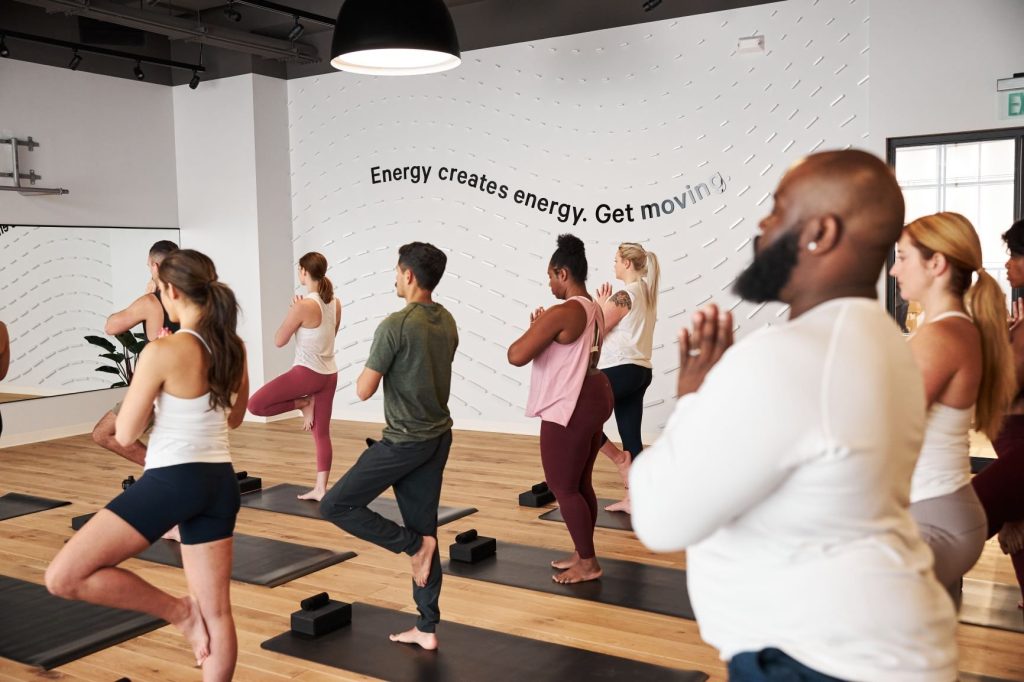
As we move further away from a goods-based economy towards an Experience Economy, brands are clocking on to the importance of selling memories as well as merch. As reported by Any Road, a growing consumer desire for experiences is forcing brands to rethink their business models and only those that adapt to the new normal will survive. Brands are pivoting their operations to reflect their experiential initiatives, with Lululemon remarketing itself as an ‘experience company’, and investing $300m a year on in-store wellness events.
As car sales slide, auto brands are pivoting to experiences that engender loyalty. Volvo has built a museum offering driving experiences and a tour of its facilities in Sweden, while BMW has launched a theme park in Munich called BMW World, and Telsa now runs tours of its factory in California. “Brands that know how to build emotional connections are turning into experiential businesses, and these are the ones that are thriving. The next decade’s most successful brands will look more like experience-providers than goods businesses,” Any Road reports.
4. Puma Leaps Into The Metaverse

With Nike and Adidas having already blazed a trail, it was only a matter of time before German sportswear brand Puma made the leap into the metaverse. As reported by Hype Beast, Puma has entered Web3 with the launch of Black Station, a metaverse web experience unveiled during New York Fashion Week. The initiative features NFTs with limited edition redeemable Nitro NFRNO and Nitro Fastroid sneakers as part of its ‘FUTROGRADE’ show. Owners who minted a Nitropass have access to two NFTs: one related to physical products and one that grants access to a customised experience linked to their chosen shoe.
“Twenty years ago, Black Station was Puma’s home for our most innovative designs in fashion,” said Adam Petrick, Puma’s chief brand officer. “Given the boundaries we are pushing from a product design and digital standpoint, we found it fitting to bring Black Station back as a new portal for digital exploration across fashion, sport performance, our heritage classics, and innovation.” Minters will be able to acquire their pair of trainers by burning their NFT.
5. The Flying Scotsman Gets A Reboot

An immersive experience celebrating the centenary of the iconic Flying Scotsman locomotive is set to take flight across the UK. As reported by BlooLoop, the experience is the brainchild of experiential design firm Sarner International, the Science Museum Group and Figment Productions. After a centenary tour of the UK, it will become a permanent attraction at York’s National Railway Museum. Boasting a cinema, cocktail bar and hair salon, the Flying Scotsman was unveiled in 1923 and made history in 1934 when it became the first steam train to reach 100mph.
The Flying Scotsman experience will celebrate its engineering brilliance and explore the science behind steam power via a themed physical environment where visitors can enjoy a free-roam VR experience using cutting-edge untethered VR technology. “In its day the Scotsman was an engineering marvel. We think it’s fitting to celebrate its centenary using the very latest technology. Using our own Hyphen hyper-reality platform, we’ll enable guests to ‘step inside the movie’, seeing all aspects of Flying Scotsman’s story,” said Simon Reveley, CEO of Figment Productions.
6. Scare City Comes To Camelot
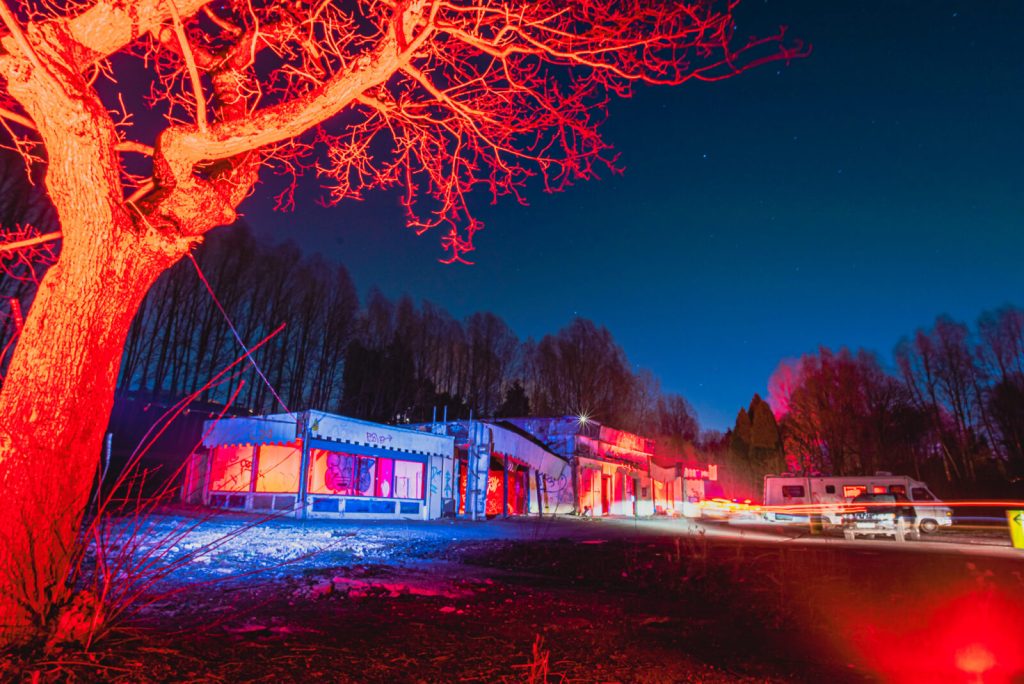
The world’s longest outdoor immersive horror experience is due to take over a derelict theme park site in the northwest of England. As reported by The Manc, Scare City will occupy the site of former medieval theme park Camelot in Chorley, which closed in 2012 and has remained derelict ever since. Scare City is the brainchild of Park N Party, the firm behind drive-in cinema Secret City. Billed as a “blood-soaked ordeal” filled with “nightmarish zones”, the spooky experience takes place over 2km of land in the former theme park space.
Giving you “more blood for your buck”, Scare City will feature 12 distinct scare zones, including the Swizzels Blood Curdling Camelot Castle, the Whirlwind Woods, and the Medieval Murder Zone, with ghoulish live actors set to deliver two-hours of spine-tingling fun aimed at those seeking a splash of gore with their glee. As a teaser event, last year Park N Party launched Camelot Rises, which brought the theme park’s abandoned rides and empty footpaths back to life.
7. Time Out Enters The Metaverse
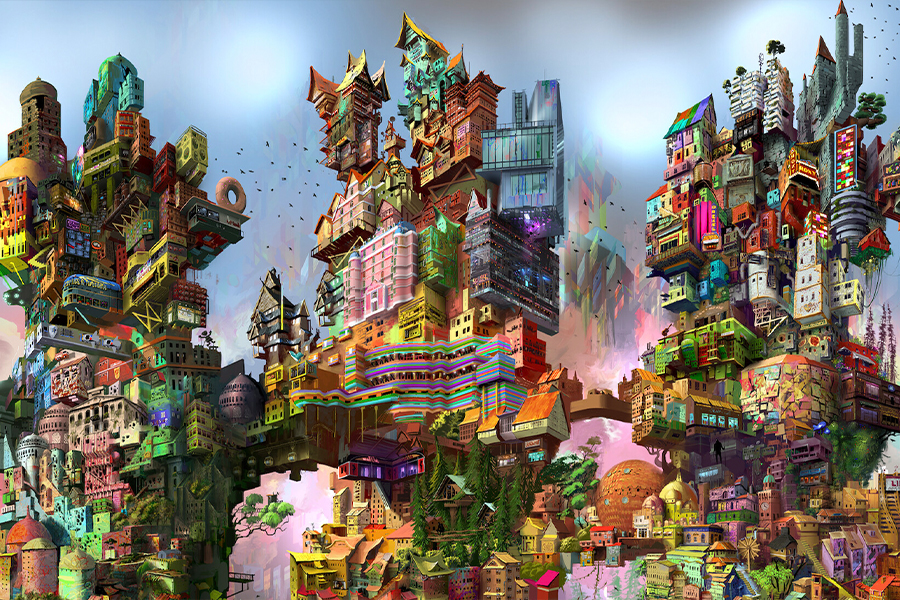
Keen to keep ahead of the curve, entertainment juggernaut Time Out has entered the metaverse through a collaboration with Metropolis World. As reported by the publication, Time Out House has launched in the shiny new virtual city of Celeste within virtual community Metropolis World. One of six virtual cities in Metropolis World, Celeste features over 500 hand-drawn buildings virtual tourists can meander around, with Time Out comparing the experience to ambling through an art gallery in “a 360° curated universe that blends unique properties, gaming, art and experiences that span the digital and physical worlds”.
“Just as Time Out exists to unlock the best of great cities like London, New York, Sydney and Tokyo in the physical world, so we want to unlock the emerging communities and spaces of the virtual world,” the publication said. While still in its infancy, there are exclusive experiences planned for the Time Out House curated by Founding Citizens including Steve Aoki, Dillon Francis and Blondish. Time Out is offering people the chance to become a citizen of Celeste by buying a NFT passport, but you can explore the city for free without one.

